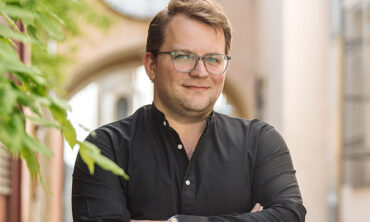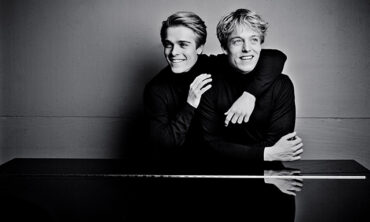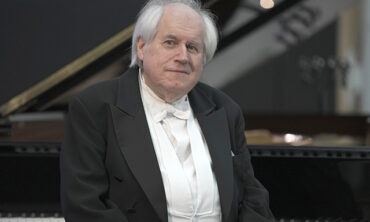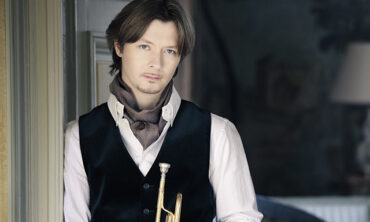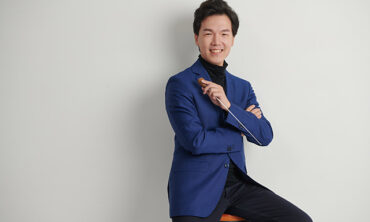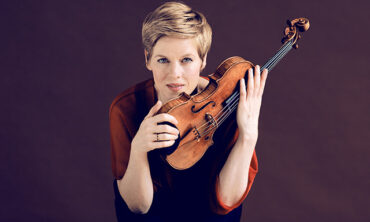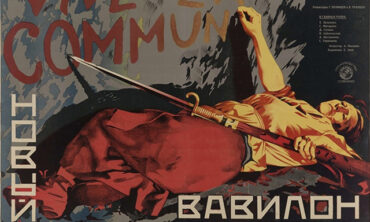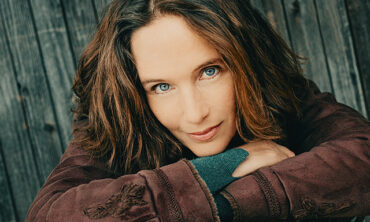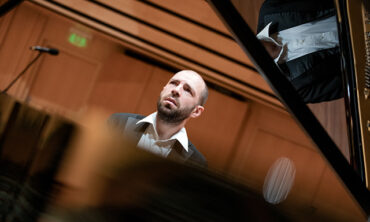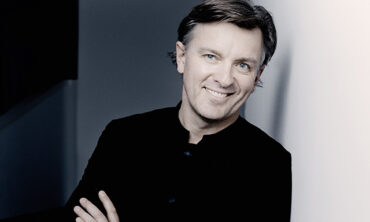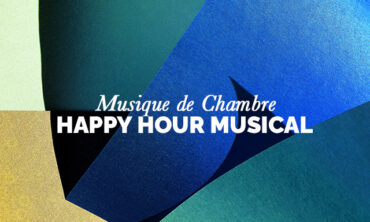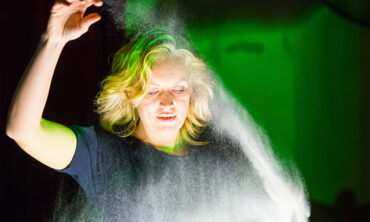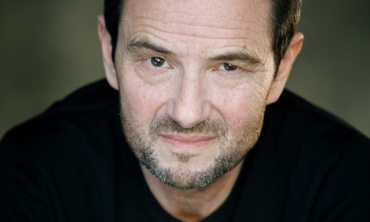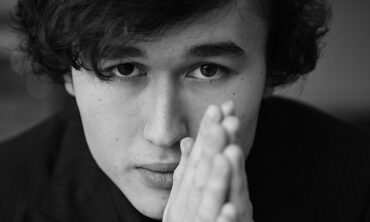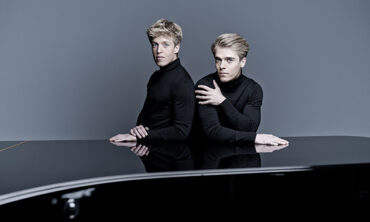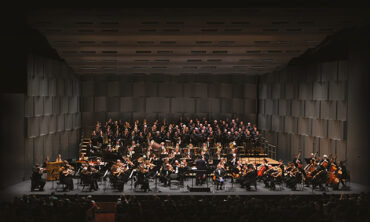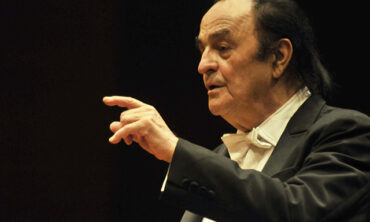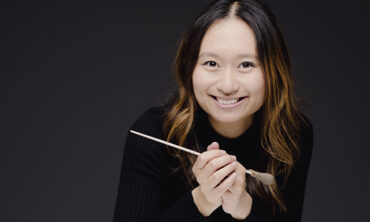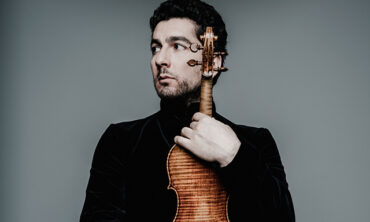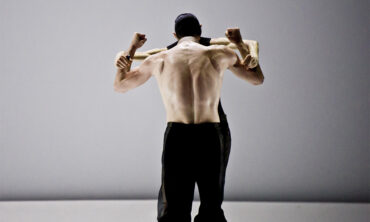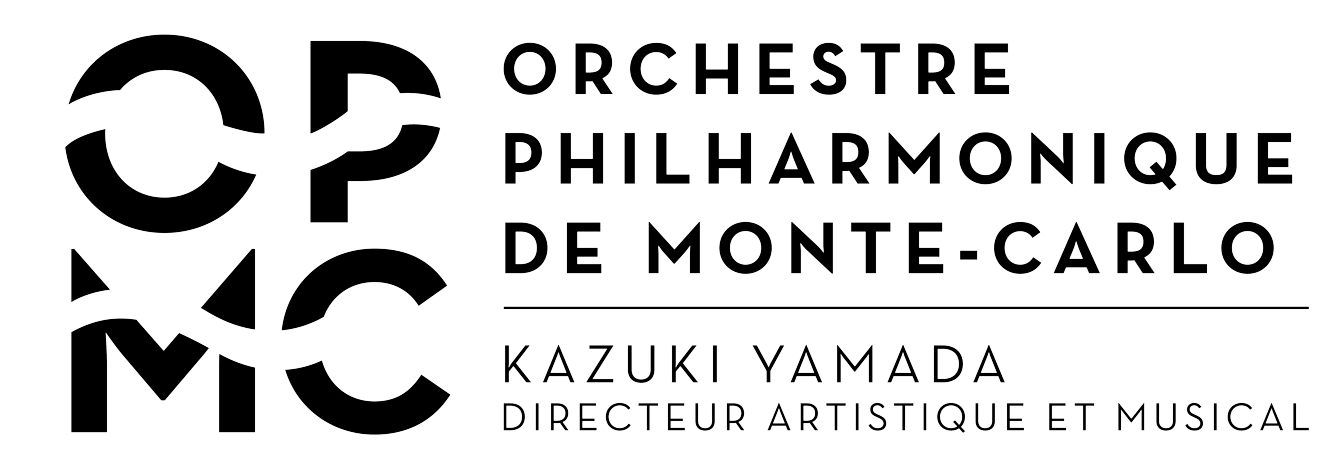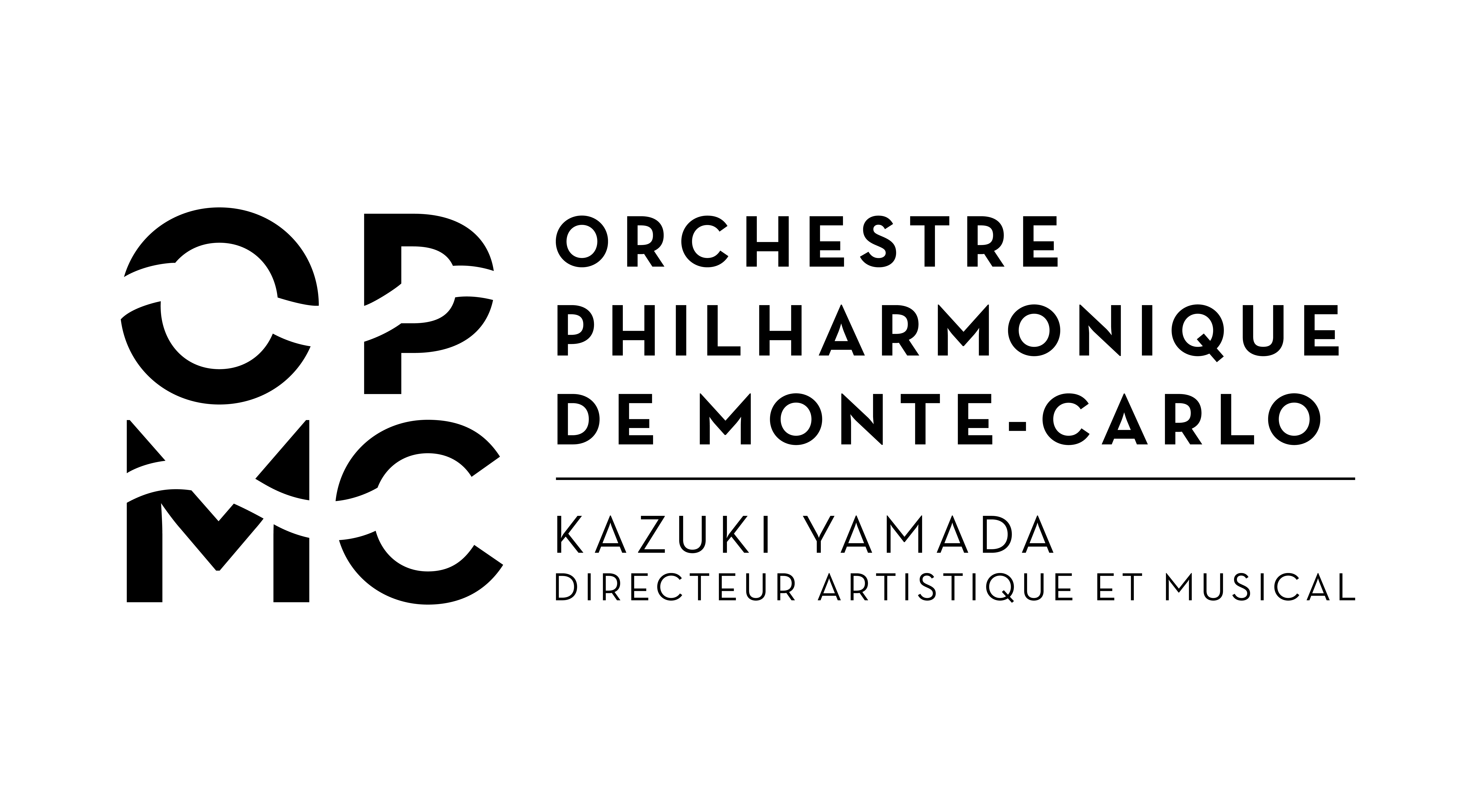Classical music lovers today unanimously praise the art of Nelson Freire for its transcendence. What motivates such a statement? A remarkable phenomenon: having spent his entire life playing and pondering the great pianistic repertoire, the artist has reached a point of culmination where any work he chooses to interpret nowadays, becomes under his fingers, the most poetic, the most perfect, the most moving version imaginable.
Born in Boa Esperança, a small town in the interior of the state of Minas Gerais (Brazil), Nelson Freire is now a universally acclaimed artist. He has received honours and decorations in numerous countries, been invited to play in the best concert halls, with the most prestigious orchestras and the most prominent conductors. He has signed an exclusive contract with DECCA and his regular recordings have led him to explore the works with a deeper and deeper insight and to renew and illuminate his interpretations with a unique creative power.
Worldly pomps and vanities, however, have not altered the character of the little boy born in Boa Esperança, and transplanted at the age of five in Rio de Janeiro when his parents, impressed by the precocious talent of their son, moved to the great city with the whole family in search of better music teaching conditions. And successful they were: under the guidance of two outstanding teachers, Nise Obino, from Rio Grande do Sul, and Lucia Branco from São Paulo, the young Nelson, aged only fourteen, could already be considered a great master of the piano.
At the age of twelve, as finalist at the first International Piano Competition of Rio de Janeiro (Guiomar Novaes being a member of the jury), he received a grant from the Brazilian President, Juscelino Kubitschek and went to study in Vienna under Bruno Seidlhofer, the teacher of Friedrich Gulda . At the age of nineteen, Nelson Freire was awarded the Dinu Lipatti Medal in London and later won 1st Prize at the International Vianna da Motta Competition in Lisbon , which earned him a contract with the agency Conciertos Daniel from Madrid. He then toured most South American countries as well as Spain .
At the age of twenty-three for his London début, he made a sensation and The Times called him “The young lion of the keyboard”. The following year, after his performance with the New York Philharmonic for his New York debut, Time Magazine hailed him as “One of the most exciting pianists of this or any age” .
From then on and for five decades, Nelson Freire has performed in over seventy countries and become a bright star in the international music world. His recordings have been rewarded with Diapason d’Or, Grand Prix du Disque, Victoire d’Honneur, Edison Award, Gramophone Award and the Grammy Latino for “Nelson Freire Brasileiro”, in 2013.
He has been the recipient of the most prestigious decorations: Citizen of Rio, Knight of the Order of Rio Branco, Chevalier de la Légion d’Honneur, Commandeur des Arts et des Lettres, Medal Pedro Ernesto, Medal of the City of Paris, Medal of the City of Buenos Aires and doctor honoris causa from the Music School of the Federal University of Rio de Janeiro.
Nelson Freire has performed with many of the world’s major conductors, such as Valery Gergiev, Yuri Temirkanov, Seiji Osawa, Pierre Boulez, Riccardo Chailly, Charles Dutoit, Eugen Jochum, André Previn, Lorin Maazel, Rudolf Kempe, Rafael Kubelik, David Zinman, Kurt Masur and Sir Colin Davis. He has appeared with the greatest orchestras: the Philharmonics of Berlin, London, New York and Israel, as well with the Amsterdam Concertgebouw, the Leipzig Gewandhaus and the orchestras of Munich, Paris, Tokyo, St. Petersbourg- including the Mariinsky – Vienna, Boston, Philadelphia, Cleveland, Los Angeles, Chicago and Montreal.
Several extracts from his concerts can be seen in the 2003 acclaimed documentary « Nelson Freire: a Man and his Music », directed by João Moreira Salles .
He is regularly invited to be a member of the jury for the most prominent piano competitions such as the Chopin, Tchaikovsky and Van Cliburn.
Fluent in several languages, Nelson Freire has made his home in Rio de Janeiro, his city of predilection, where he returns regularly between tours.
